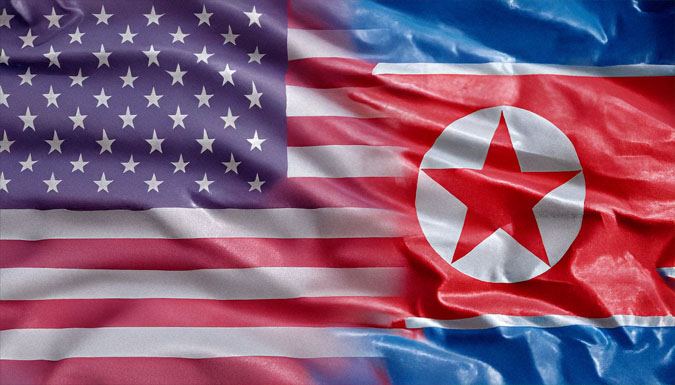Donald Trump and North Korea’s Nuclear Weapons Programme
Despite President Trump’s desire to improve relations with the Kim regime and denuclearise North Korea, the relationship between Washington and Pyongyang remains strained.
- Ranjit Kumar Dhawan |
- February 14, 2025 |














